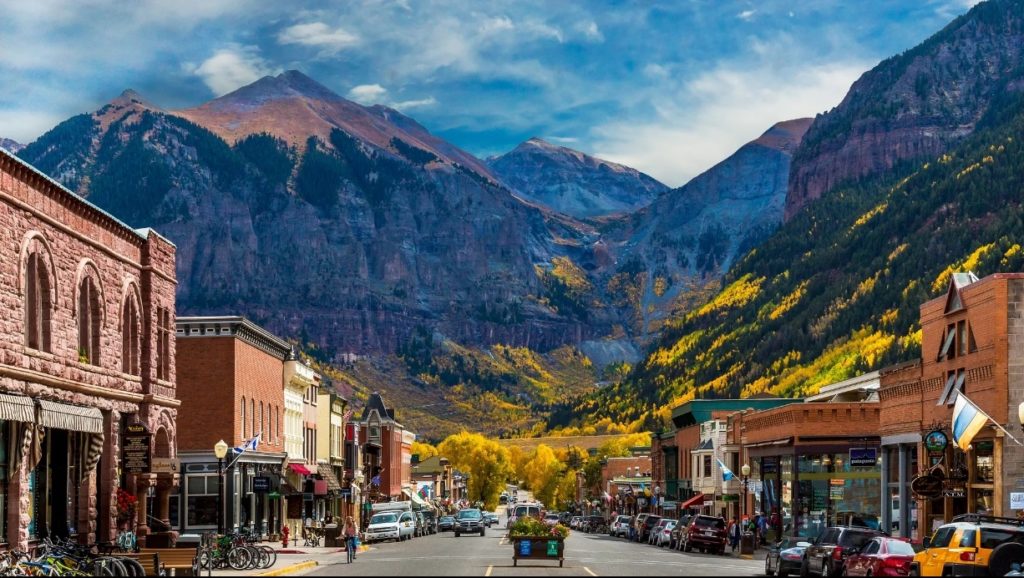Introduction
Colorado, known for its stunning Rocky Mountains, offers not only breathtaking natural beauty but also a vibrant and diverse real estate market. Whether you’re drawn to the bustling urban areas like Denver, the outdoor haven of Colorado Springs, or the picturesque mountain towns, Colorado’s real estate landscape has something for everyone. In this article, we will explore the key facets of the Colorado real estate market, from its thriving cities to its mountain retreats.
- Colorado’s Real Estate Melting Pot
Colorado’s real estate market is as diverse as its geography. From metropolitan areas to rural communities, Colorado provides a wide range of options for homebuyers, renters, and investors.
- Housing Market Trends
We will dive into the current trends in Colorado’s housing market, discussing factors like affordability, market demand, and how the state’s economy and remote work have influenced property values.
- Metro Areas and Cities
a. Denver: The Mile High City is the state’s capital and a bustling metropolitan area with a strong job market. We’ll explore Denver’s various neighborhoods and property markets.
b. Colorado Springs: Known for its military presence and natural beauty, Colorado Springs has a unique real estate market, which we’ll examine in detail.
c. Boulder: Home to the University of Colorado and a hub for tech companies, Boulder has a distinct property market influenced by its academic and entrepreneurial culture.
- Investment Opportunities
The state offers an array of investment prospects, from residential properties to commercial real estate and opportunities in the state’s growing technology sector. We’ll discuss investment strategies and the benefits of each.
- Housing Policies and Affordability
Affordability is a pressing issue in Colorado, with discussions on housing policies, rent control, and initiatives to make housing more accessible. We’ll delve into these measures and their potential impact.
- Environmental Considerations
Colorado is not without its environmental challenges, including forest fires and changing weather patterns. Understanding the environmental risks is crucial for property buyers and sellers. We’ll also explore the rise of sustainable and energy-efficient real estate.
- Market Challenges
Market challenges include property taxes, zoning regulations, and the potential influence of interest rate fluctuations. We’ll examine these obstacles and their implications for individuals involved in real estate transactions.
- The Future of Colorado’s Real Estate Market
The future of Colorado’s real estate market is intertwined with sustainable development, the technology industry’s growth, and evolving urban planning. We’ll discuss what the future may hold for the state’s property market.
Conclusion
Colorado’s real estate market is as varied and dynamic as its stunning landscapes. Whether you’re considering buying, selling, or investing in the Centennial State, understanding the unique dynamics of Colorado’s real estate market is vital. This article provides a comprehensive overview of the real estate landscape in Colorado, helping you navigate the opportunities and challenges it presents. From the urban bustle of Denver to the tranquility of the mountain towns, Colorado offers a diverse and promising real estate landscape.

